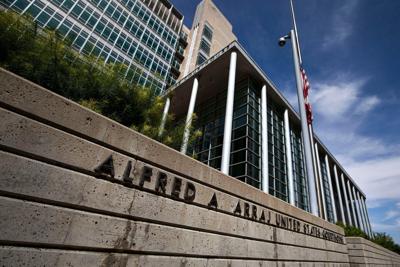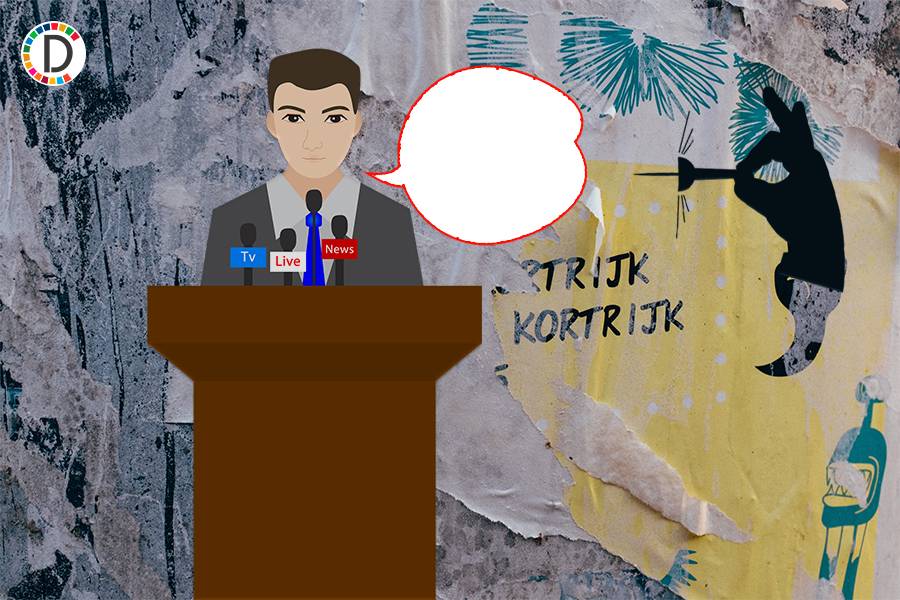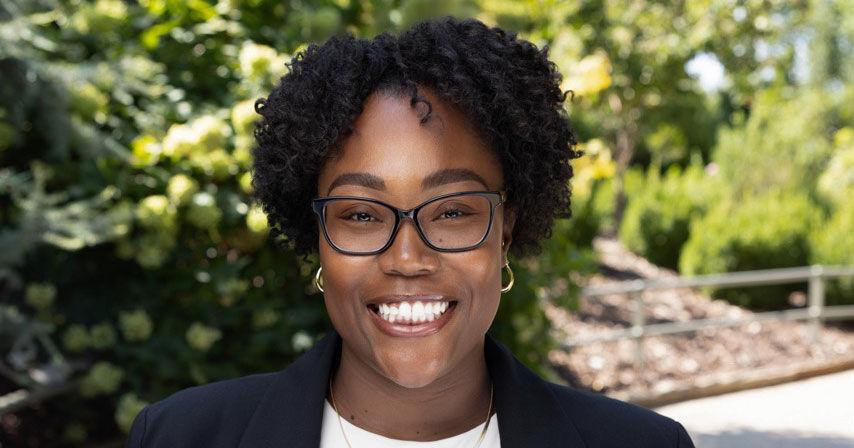
A federal judge last week concluded a jury will decide whether a Denver police sergeant violated the constitutional rights of a man who hurled sexist comments and broadcast a torrent of swear words through a megaphone outside Denver Union Station in 2019. Abade Irizarry and Kyle Shockley were standing on Wynkoop Plaza on June 2, 2019. Irizarry broadcast his views to passersby about the city's treatment of homeless residents and about policing.
However, the men also repeatedly told adults and children: • "F--k the kids. F--k you. F--k the kids" • "They (children) were all made by f--king" • "Get over it, a--hole" • "F--k 'em in the a--" • "Why don't you do what a b---h does and get f---ed," directed at a female security guard • "If you have the First Amendment and that gets taken away, all that’s left is the Second Amendment" Denver Police Sgt.

Lee Ingersoll, who was off duty but working for the Regional Transportation District on that day, responded to security guards' request for assistance. He arrested Irizarry and Shockley for trespassing and disturbing the peace. Two days later, the men returned to Wynkoop Plaza and engaged in similar conduct.
Ingersoll once again arrested Irizarry. Irizarry filed suit, alleging Ingersoll violated his constitutional rights by, among other things, arresting him unlawfully and retaliating against him for his First Amendment-protected speech. Previously, U.
S. District Court Chief Judge Philip A. Brimmer dismissed the First Amendment claims relating to Irizarry's arrest and subsequent conviction for disturbing the peace on June 2, 2019.
Because juries had found him guilty of conduct not protected by the First Amendment, he could not sue on that basis as long as the convictions remained intact. Ingersoll then asked Brimmer to end the case in his favor on the remaining allegations Although Brimmer agreed in part that Ingersoll should prevail as a matter of law on one claim, he found a jury trial was necessary to resolve the remaining claims. First, Irizarry alleged Ingersoll arrested him for trespassing without probable cause on June 2.
But Brimmer noted Wynkoop Plaza security, who had the authority to direct people to leave, told Ingersoll that Irizarry and Shockley had refused to vacate the property despite being asked multiple times. "Thus, Mr. Irizarry’s constitutional rights were not violated when Sergeant Ingersoll arrested him for trespassing," wrote Brimmer in a Feb.
4 order. FILE PHOTO: The Alfred A. Arraj U.
S. Courthouse in downtown Denver. Second, Irizarry alleged Ingersoll arrested him without probable cause two days later, June 4.
Although Irizarry and Shockley had returned to continue their protest, Irizarry also confronted a cook at a restaurant in Union Station who spoke to police about the men's disruptive conduct on June 2. Irizarry called him a "rat" and a "fat piece of s--t." Ingersoll determined Irizarry should be charged with intimidating a witness as a result.
"Victim complaints such as these may alone form probable cause," wrote Assistant City Attorney Kevin McCaffrey on behalf of Ingersoll. But Brimmer could not find conclusive evidence that Ingersoll knew of Irizarry's name-calling prior to arresting him on June 4. Further, Colorado law defines witness intimidation as an "act of harassment," which could include obscene language or gestures.
Even if Ingersoll knew what Irizarry had called the cook, "this is not 'obscene' language," under Colorado law, Brimmer added. Finally, Brimmer concluded he could not rule in Ingersoll's favor on Irizarry's claims that he was retaliated against on June 4 for continuing to speak out on homelessness and the police. The problem, Brimmer clarified, was that Ingersoll's lawyer had mistakenly believed Irizarry was claiming retaliation for his insults to the Union Station cook.
The parties "are like two ships passing in the night," Brimmer wrote, adding that Irizarry's attorney had also framed his argument around the misunderstanding, rather than Irizarry's actual allegations. Consequently, Brimmer allowed the unlawful arrest and First Amendment claims relating to June 4, 2019 to proceed to trial. He cautioned that Ingersoll's narrative in his police report suggested Irizarry's speech-related conduct played no role in that day's arrest.
But because of the misunderstanding of Irizarry's claim, the defense did not argue that point. Brimmer has scheduled a jury trial for February 2026. The case is Irizarry et al.
v. Ingersoll..















